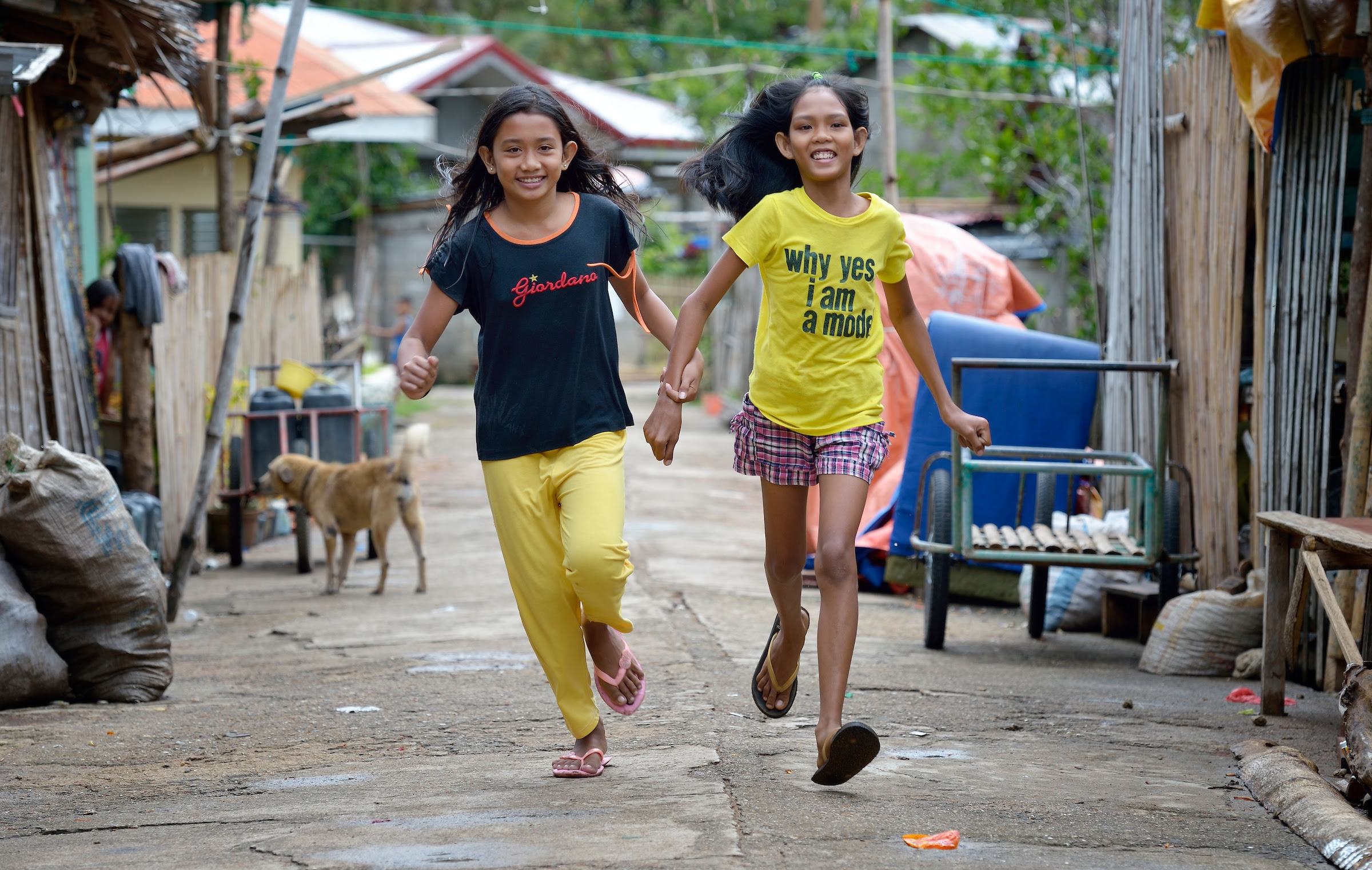The statement acknowledges that the current global context is marked by escalating conflicts, divisions, inequalities, resurgent racism, xenophobic attacks on migrants, antisemitism, violations of the rights of women and other forms of discrimination, threats against human rights defenders, as well as authoritarianism, populist nationalism, and religious and other forms of extremism, that threaten grave peril for the physical security and human dignity and rights of diverse communities and individuals around the world. “This context sadly recalls the time of the WCC’s foundation, in the aftermath of the Second World War, when impelled by revulsion at the appalling violations of God-given human dignity perpetrated during that conflict the international ecumenical movement committed to and engaged actively with other members of the international community in the development of international legal frameworks for the promotion and protection of human rights, including freedom of religion or belief,” the statement reads. “In recent years the universality of human rights has been increasingly called into question, not least because of obvious double standards in the application of international human rights law.” Many states instrumentalize these principles for political purposes, the text notes. “Such misuse of principles that should be of universal application has damaged their credibility in the eyes of many, and weakened them for the essential purposes for which they were intended,” reads the statement. “Differences of opinion about the nature and quality of the relationship between Christian faith principles and the principles reflected in international human rights law have also become increasingly evident during these years, despite the history of close engagement by the WCC in the development and promotion of international human rights law as a framework for accountability for violations of human rights and for the protection of God-given human dignity.” The statement affirms and underline the necessity of a universal framework of legal accountability for the violation of human dignity and rights. The statement calls on the WCC global fellowship to “listen to the victims of human rights violations and stand in solidarity with them, upholding them in prayer, lamentation and advocacy,” and to “rediscover the rich biblical narratives that affirm human dignity, justice and the rule of law, for further theological reflection and discernment for responsible action.” The statement also acknowledges that human dignity is to be understood not in isolation from the integrity of the entire creation. “We affirm that advocating for universal human dignity and rights is part of striving for justice, peace and integrity of creation, a means of reconciliation, and a witness for unity,” the statement reads. “We commit to continuing to engage with the differences in perspective and approach within the ecumenical movement in order to work towards common conclusions and recommendations for churches to recognize and affirm the biblical roots of human dignity as the basis of the modern codification of human rights, and to advocate for human rights and for the rule of law, as an integral part of churches’ life and witness.” The WCC executive committee, elected during the WCC 11th Assembly, held its first meeting on 7-11 November, focusing on follow up from the assembly, planning for 2023—including the budget and programme plans—and making statements that respond to critical situations affecting the fellowship of WCC member churches. Read the full statement | 


No comments:
Post a Comment